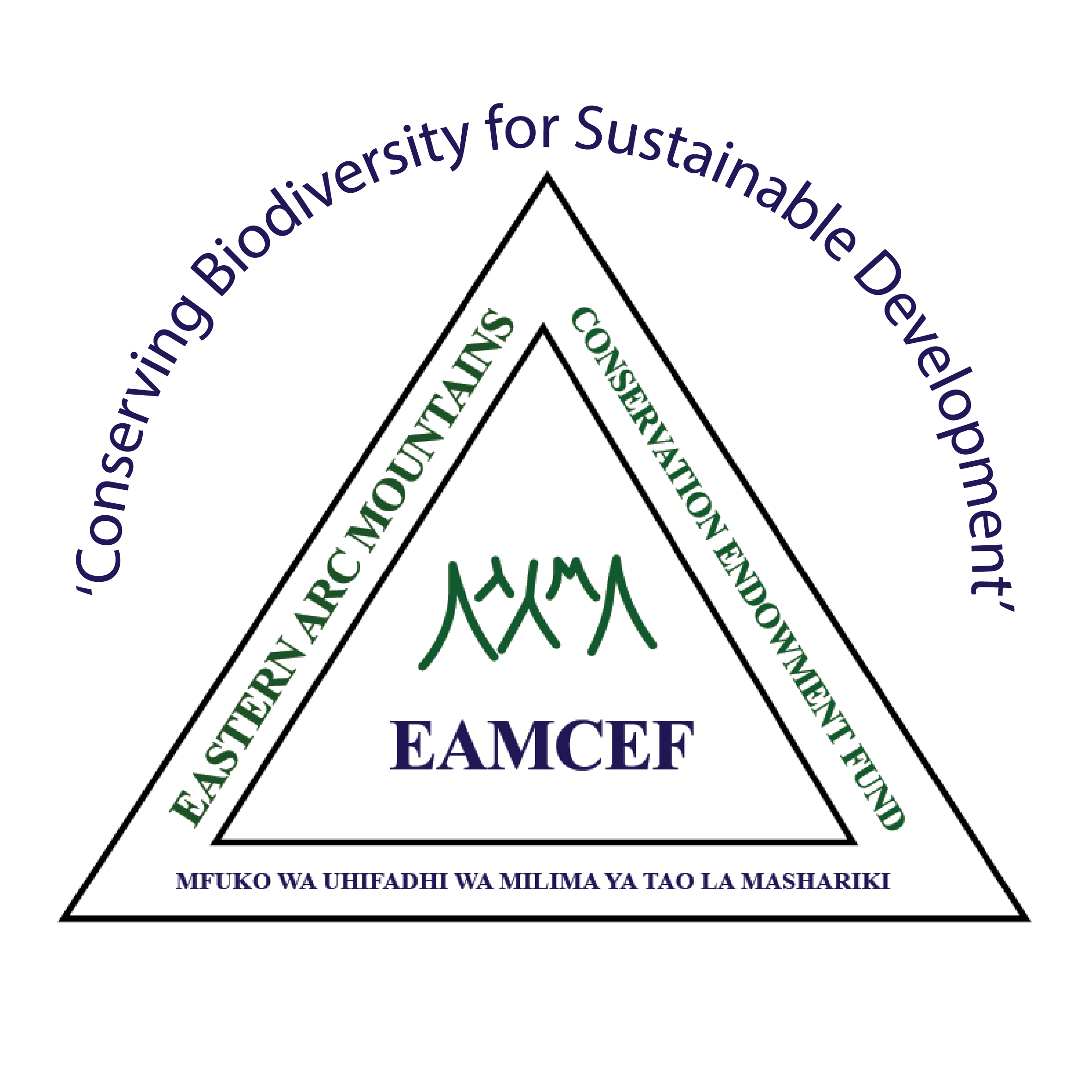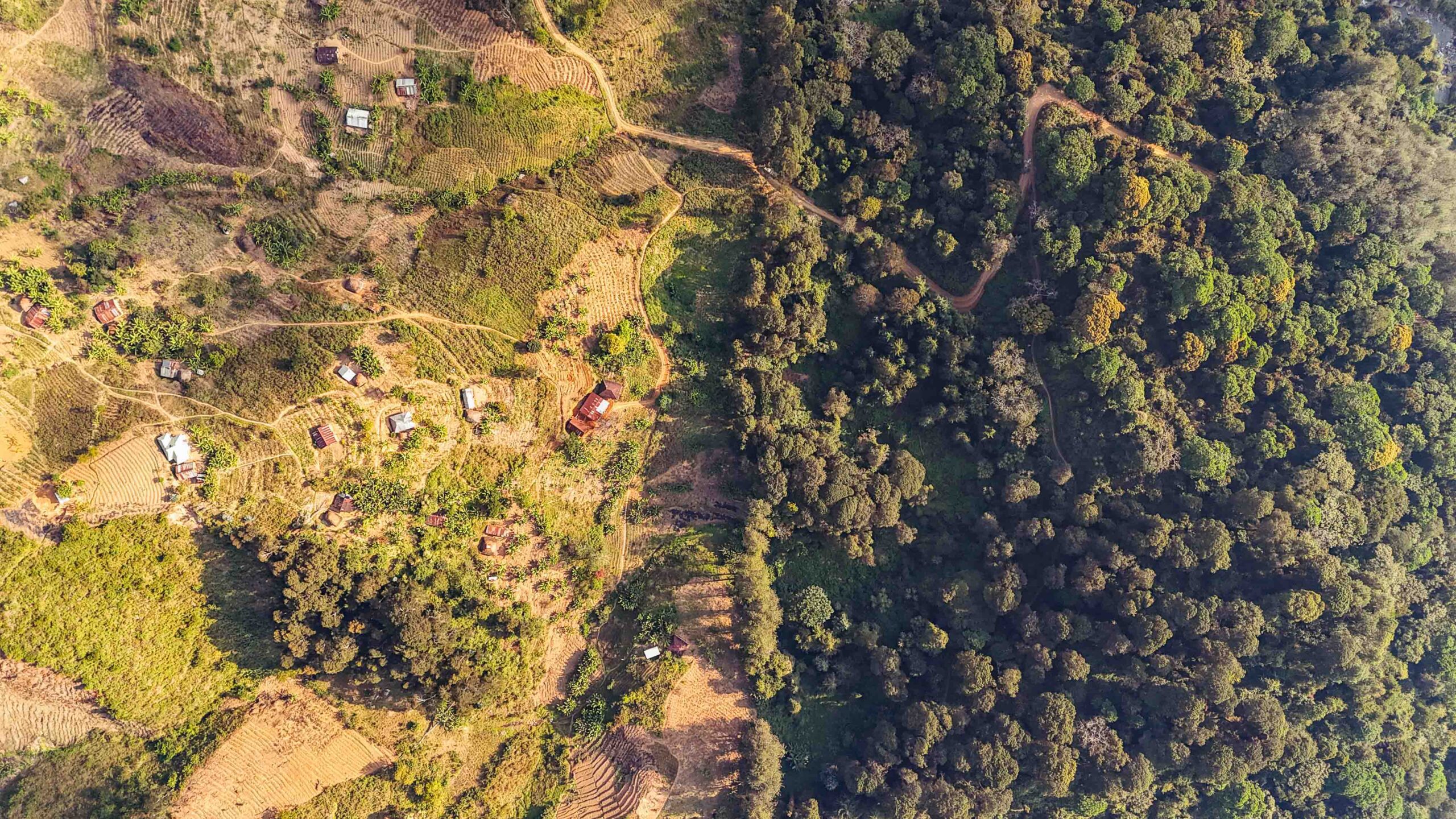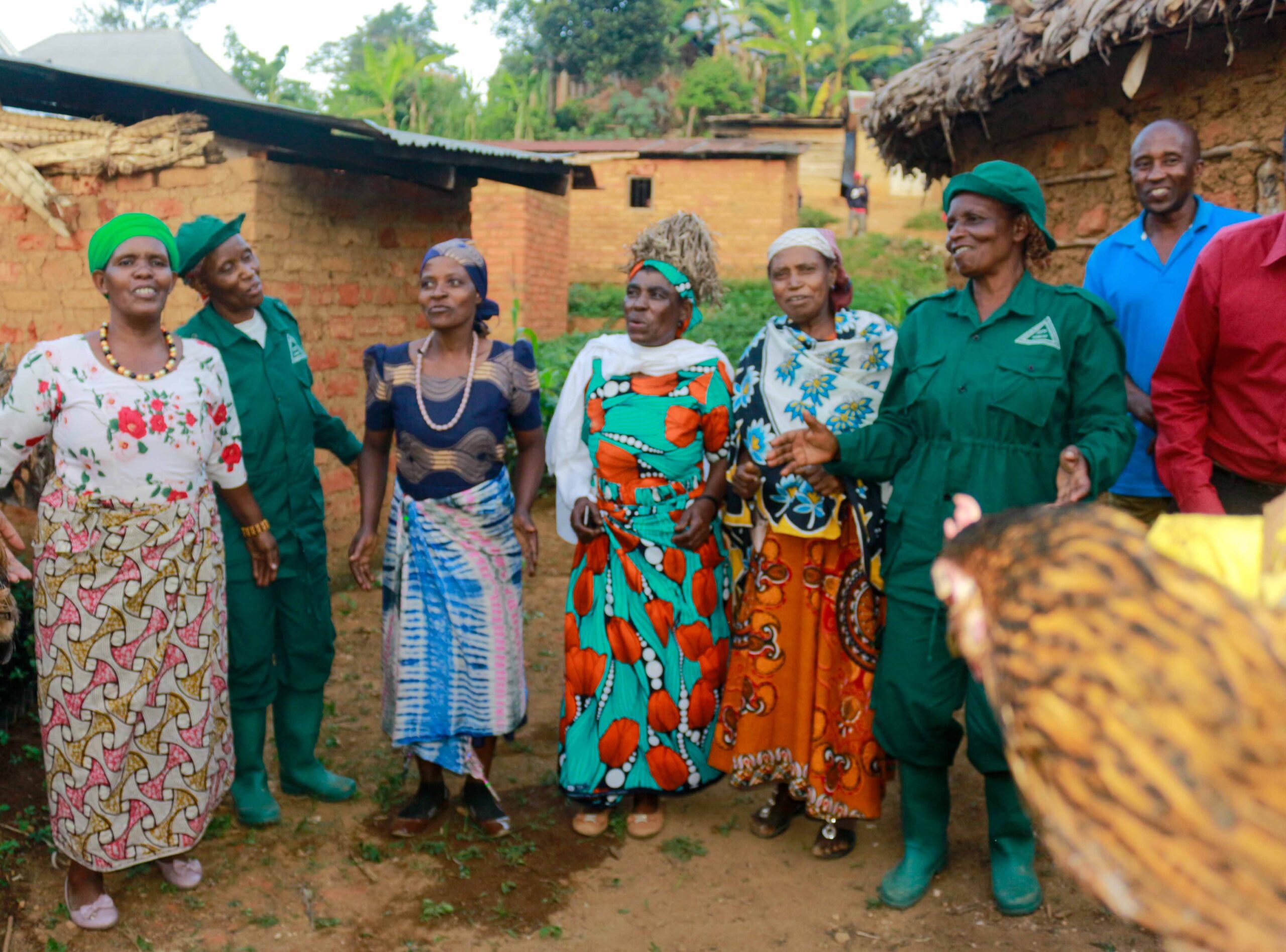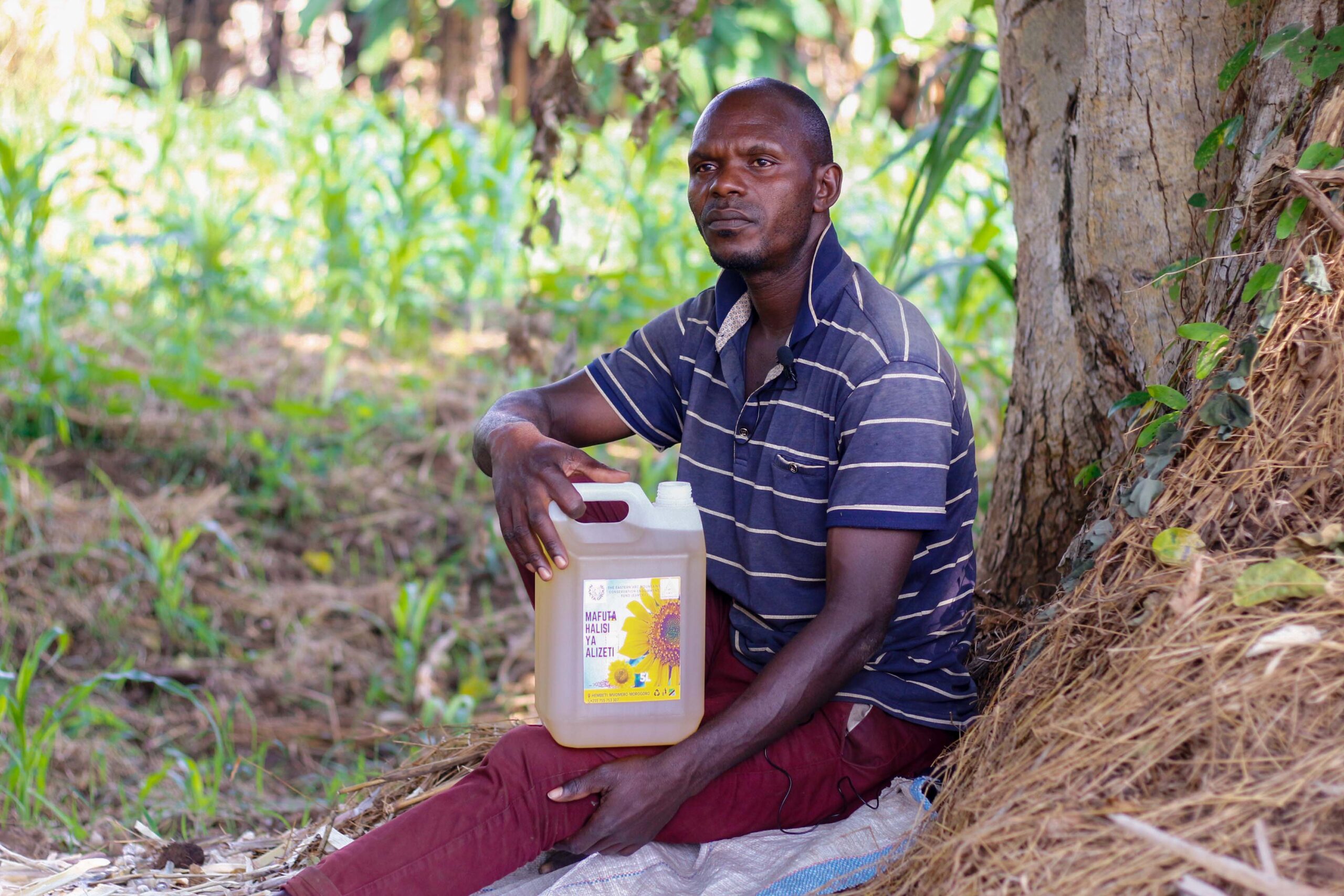Ecotourism infrastructure in the Eastern Arc Mountains has been significantly improved thanks to the efforts…

EAMCEF supported pig keeping in Ukwega Village to prove if communities can generate income from alternative sources other than forests, they would reduce their direct dependency on forests for that purpose, thereby enhancing biodiversity conservation in Kilombero and Uzungwa Scrap Nature Reserves. Pig keeping was selected as the best option that would provide sustainable solution to accelerate poverty alleviation through provision of multiple benefits – incomes through sales, as a source of protein, manure for garden and for biogas production. In 2013 the project started to implement the idea by providing conservation education and training on pig husbandry and later provided ‘seed’ pigs in four villages, to 168 villagers. To spread the impact to many villagers, villagers agreed to share one new born piglet to the neighbouring household not supported by the project. By close of phase one of the project support in 2016, the project witnessed improved livelihood status of the supported community, including significant reduction in the number of people reported to have encroached the forests.
Pig meat (pork) became the easily available meat in the village butcheries compared to bush meat which was obtained from illegal hunting in the Nature Reserves – through burning of grasses to scare animals, but with detrimental effects on the forests. Income from sales of piglets and/pork has improved household income, while manure has been instrumental in improving home gardens.










